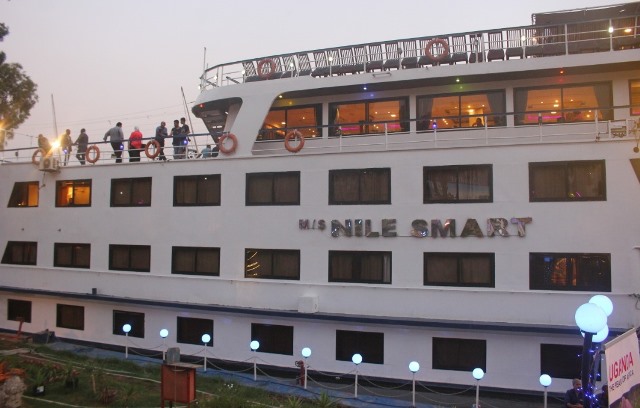Payment methods for post-pandemic travel and tourism success
The relationship between the travel sector and the payments industry has always been complex, never more so than during the pandemic. As a sector with an acute delayed delivery, it is unsurprising we encounter the challenge of managing that partnership.
The pandemic has only worsened this standoff with mass cancellations and refunds being the norm, leading to the global travel and tourism industry losing £4.5 trillion in 2020. Considering these problems and the slow re-emergence of travel, it is imperative transactions are as straightforward as possible, and the mismanagement of payments is avoided. Travel businesses that utilise fintech solutions will be able to operate more fluidly and be at the forefront of travel’s post-pandemic boom.
Pack your bags
When discussing the travel and tourism industry, it is important to first address transport – especially aviation. Flying during peak and post-pandemic times has been particularly difficult with restrictions and policies not only varying by country but also subject to change with little or no notice, making it hard to know what is required to travel.
However, one could argue that flying as a method of transport has always been fraught with issues; particularly in the form of delays. These delays can take many forms including striking air traffic controllers in other countries, staffing issues with the airline, the weather, and many more. With such a variety of potential mishaps, it is challenging for the airlines to coordinate with consumers to claim refunds, change dates and smooth out other logistical issues. Determining who pays and why, is different for every claim and thus makes it a slow process.
There is a clear opportunity here to utilise technology to trigger a partial or full refund depending on a person’s waiting time or issue. However, the high start-up costs for utilising this technology would be a sticking point for several businesses.
Checking-in
In hospitality and accommodation, substantial amounts of money are often paid at varying times – whether that’s a deposit, instalments, or final settlements. With such significant funds being paid into hotels’ and resorts’ accounts regularly, fraud detection software is very quick to flag any transaction that appears out of the ordinary. With 13% of all cyber compromises happening within the hotel industry, it is wise to have a significant software set up.
However, when an incorrect transaction is flagged, it can often lead to a knock-on effect for both the business and the consumer; the business loses out on the funds for their room and the consumer has red flags placed on their bank account. For example, most payment systems offer a similar flagging process whereby the company must take action on those alerts to either capture or void those payments manually. However, if one were to take no action the payment would automatically expire after a week; hence returning the funds to the customer. It is important to recognise the ability of financial technology to ensure these bounce backs do not happen – making sure they are using the latest artificial intelligence (AI) technology to quickly notice issues, whilst also using data and metrics to further enforce this protection.
Booking excursions
As attractions and entertainment spots have begun to re-open in holiday destinations around the world, it’s paramount that payment options are easy to navigate, offering both consumers and businesses fast and secure transactions. The invention of both Apple and Android Pay has certainly sped up this process for the average consumer, removing even the need for a physical card.
However, the multitude of options seemed to have progressed even more during the pandemic with cryptocurrencies and Open Banking both credible alternatives. Open Banking, the sharing of information through applications to third-party financial service providers, has been heralded for its ability to transfer funds quickly whilst crypto’s numerous digital coins offer choice to the consumer. Even the Buy Now Pay Later (BNPL) schemes could be incorporated into a hotel’s suite of payment options due to its ability to be used over several months, suiting holidaymakers wanting to split their costs. Although these can be unique forms of payment, a certain uniqueness is required to revolutionise industries that are payment unique in themselves.
Checking-out
With the travel and tourism industry opening again, hotels and those involved in this trade should see their business pick up. Although they still face challenges from both the pandemic and their payments even in an increasingly connected world, the utilisation of fintech and other modern means should enable more fluid operations in post pandemic times.
About Guide2Uganda
Guide2Uganda (www.guide2uganda.ug) is the most comprehensive source of travel information about Uganda that exists on the web, with more content on its cities & towns, accommodation, attractions, events, museums and galleries than any other online guide that currently exists for Uganda; as well as being a dynamic travel news and events riven site with fresh content added daily.
According to WeFollow & Peer Index (that measure online influence), we are among the most
influential online media organizations in Uganda. Guide2Uganda was also awarded ’Best Destination Website in Uganda’’ by Jumia Travel Uganda in the 2018 Africa Travel Awards.
Share your travel stories & photos with the world via email: info@guide2uganda.ug



